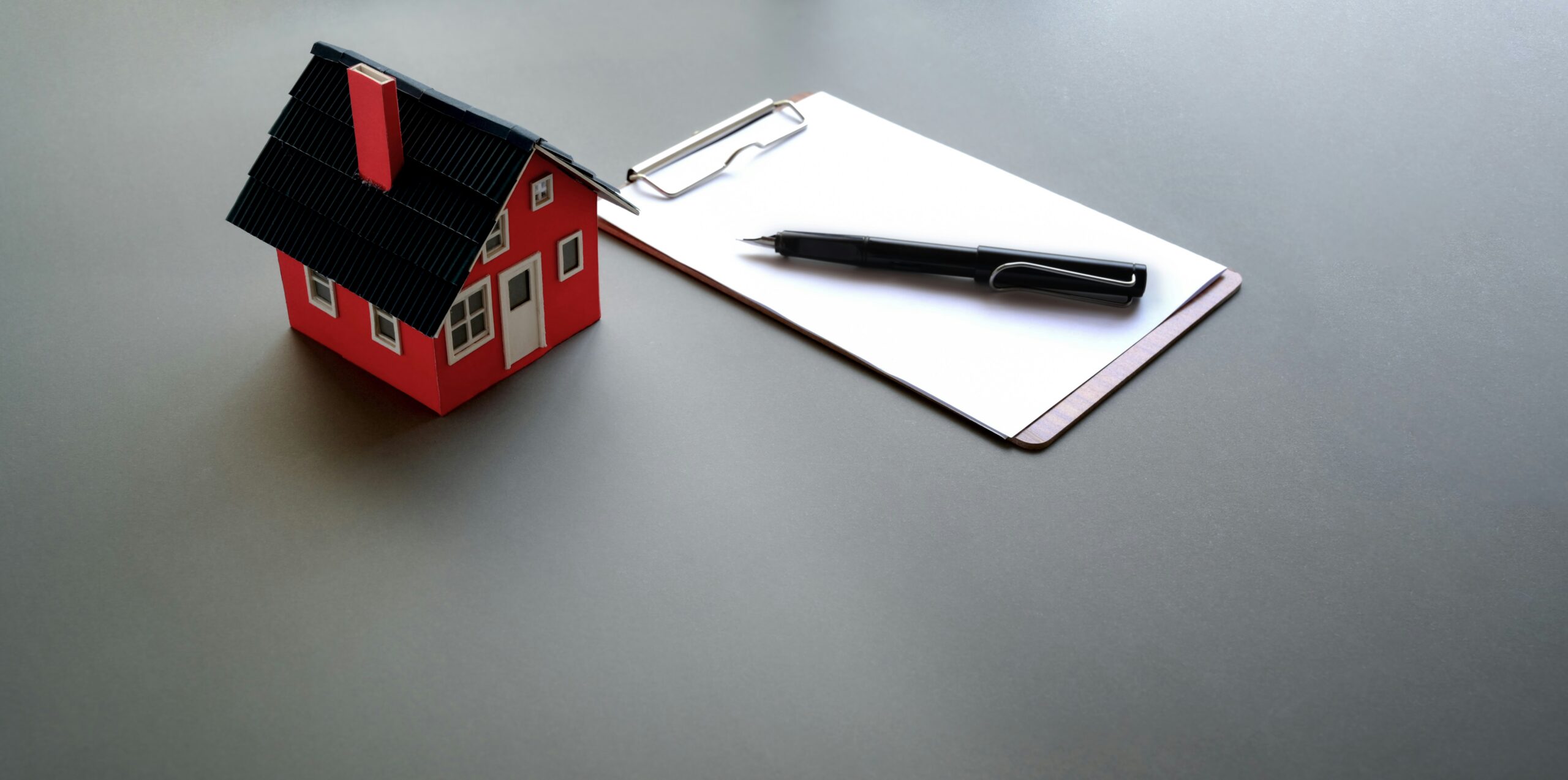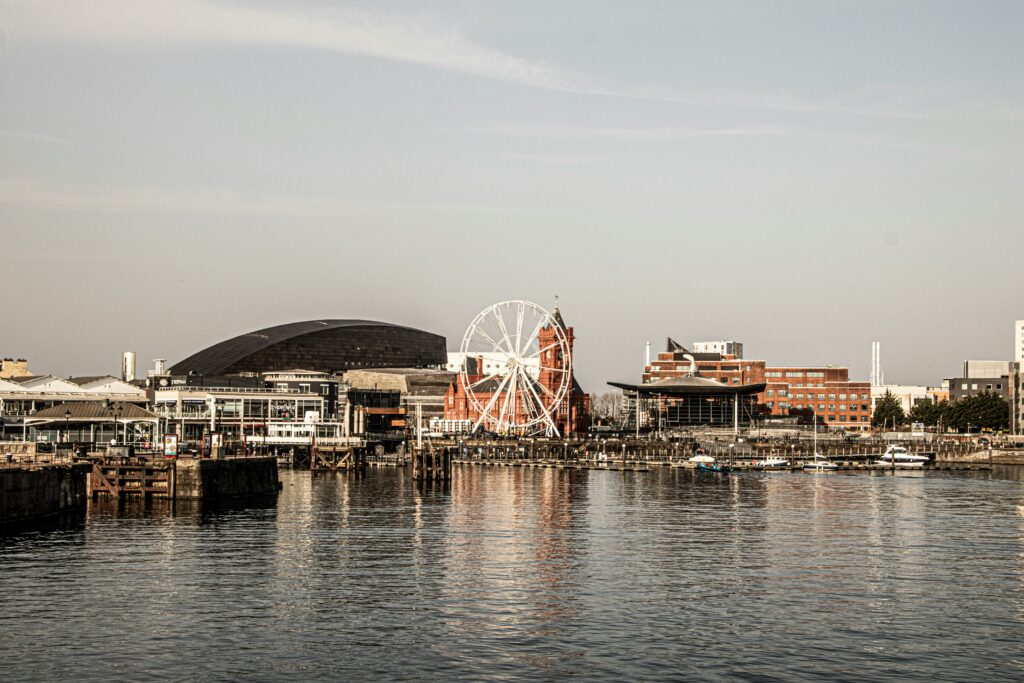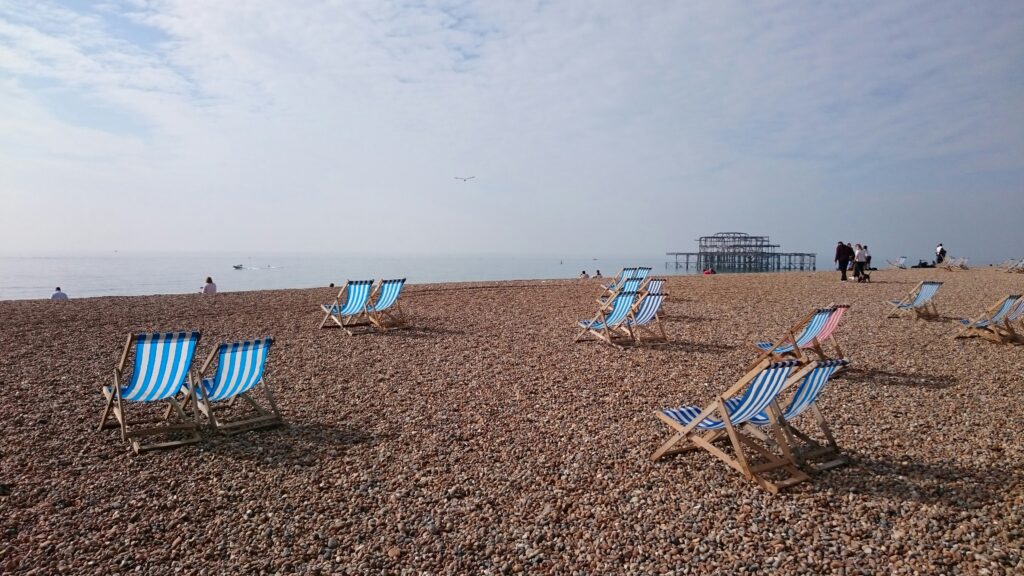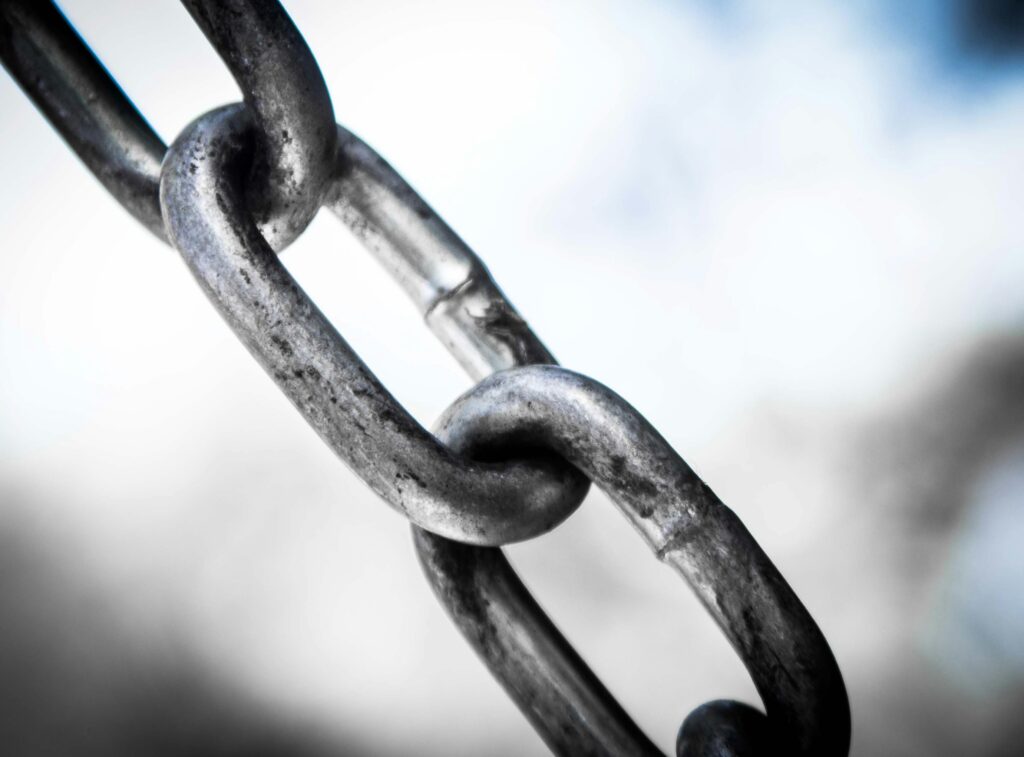
Do I Pay Tax if I Sell My Second Home?
Estimated reading time 5 minutes
Beach getaway, rental property, city bolthole…whatever the specifics, selling a second home can be a great way to free up some money, start a new chapter, perhaps fund your retirement.
It’s even more exciting if you sell for more than you paid for it and nice to plan what to do with the proceeds. But before you pop the champagne corks, there’s one crucial question: Do you pay tax on selling a second home?
The short answer is probably but the details are more complex. But you’re in the right place, as this guide answers that question and much more.
What type of tax is paid on a second home?
Capital Gains Tax (CGT) – sometimes referred to as the ‘second home tax’ – is a tax you pay on the profit you make when you sell an asset that has increased in value since you bought it. This includes assets such as property, stocks and shares.
Because the government considers your second home an investment property, the profits you make from that investment are taxed. The amount of CGT you pay depends on your overall income and the value of your gains as well as what the tax-free allowance is at the time of selling.
What is a second home?
A second home is a property that you own for personal or investment purposes, in addition to your main residence. This could be a holiday cottage in the countryside, an apartment you use for working in the city, or a buy-to-let property.
Any property you own beyond your main residence, regardless of whether you live in it or not, is considered a second property and Capital Gains Tax will be applicable when you come to sell.
How much Capital Gains Tax do you pay when selling a second home?
How much CGT you owe depends on a few things:
- The difference between the price you paid for your property versus what you sold it for.
- What you spent on the property while owning it (e.g. renovations, repairs, selling costs).
- The CGT tax-free allowance (which for 2024/25 is £3,000 per year).
- Your annual income—the CGT rate is 18% for basic rate taxpayers and 28% for everyone else.
Let’s take Sarah as an example—she bought her second home for £150,000 and she sold it for £200,000. Her profit is £50,000…but how much does she owe to HMRC?
Sarah was very wise and kept a record of all her costs while owning the home, and in total she spent £15,000 on renovations. Therefore, she knows that £50,000 only £35,000 is her capital gain.
She knows £3,000 of it is tax-free, bringing the taxable amount down to £32,000.
Sarah’s a basic rate taxpayer, so 18% of £32,000 is £5,760. That’s what she owes to HMRC.
If you’ve used your second home as your main residence at any point during ownership, you may be eligible for Private Residence Relief. This can reduce your CGT liability significantly, sometimes even eliminate it altogether. This isn’t the only form of relief available, so it’s worth doing your homework or speaking to a tax advisor.
How do the costs compare when selling a second home to a cash house buyer?
Below we take a look at selling a second property via an estate agent against a cash house buyer based on a property that was purchased for £100,000.
| Costs | Estate Agent | Cash House Buyer |
| Original Purchase Price | £100,000 | £100,000 |
| Sale Price | £150,000 | £127,500 |
| EPC (including VAT) | £144 | £0 |
| Estate Agent Fees (2% + VAT) | £3,600 | £0 |
| Conveyancing (including VAT) | £1,800 | £0 |
| Mortgage Payments (85% LTV at 5% rate for 6 months) | £3,187.50 | £0 |
| Utilities | £900 | £0 |
| Capital Gains Tax | Lower rate: £9,464 Higher rate: £11,280 | Lower rate: £4,410 Higher rate: £5,880 |
| Net | Lower rate: £119,624.50 Higher rate: £117,008.50 | Lower rate: £123,090 Higher rate: £121,620 |
So, you could potentially spend around £5,000 on fees, which doesn’t include your deposit, Stamp Duty or Land Tax. And if you’re selling a property and buying a new one, you could actually spend double this amount.
Ultimately, what you pay depends on what services you need to complete your move, which area you live in, and the value of the property you’re selling. But, by comparison, you have absolutely none of these costs when selling to a cash house buyer.
How do I pay tax if I sell my second home?
Even if you use your allowance, offset costs and claim reliefs, you will likely still need to pay some Capital Gains Tax.
While we all talk about a ‘tax bill’, there is in fact no such thing as a bill that HMRC sends you. You’ll need to self-report your taxable gains to HMRC within 60 days of the sale, and pay any taxes due within that timeframe too. If you don’t, you could face financial penalties.
Thinking about selling your second home?
Selling your second home doesn’t have to be a stressful or time-consuming process.
We’re an experienced cash house buyer company, and we can buy your second home extremely quickly. We even take care of the paperwork for you.
Get a free no-obligation quote today and see how SellHouseFast.co.uk can help you move forward with your goals.


